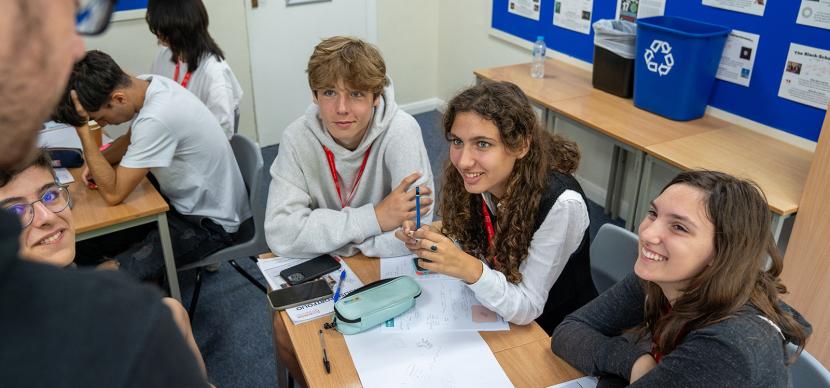When to Use the -ing Form in English

While it sounds like you can use the -ing form for anything, there are specific ways to use it in different situations. Find out how (and when) to use the -ing form of a word in English.
The -ing form of a word can be used like a noun, a verb or an adjective.
The noun form of -ing
When the -ing form is used as a noun, it modifies (or gives context to) a verb.
- Nohelia loves dancing. (used as an object; verb + -ing form)
[Note: If the sentence says "Nohelia loves dancing", then it is talking about dance as a concept, not as an action.) - She knows a lot about dancing. (used as an object; verb + -ing form)
- Dancing is a good way to release stress. (used as a subject; -ing form + noun)
In all of these examples, dancing is a noun that the verb is referring to.
The adjective form of -ing
When it is used as an adjective, the -ing form describes another noun. (-ing form + noun)
- That movie had a surprising twist. (surprising describes the plot twist)
- He's a very exciting player to watch. (exciting describes the player)
- x He's a very excite player to watch.
- I read an inspiring book. (inspiring describes the book)
- x I read an inspire book.
[Note: You could say "I read a book that inspired me."]
The verb form of -ing
When it is used as a verb, it signals that the tense is progressive, or continuous. It is used with the verbs "to be", or "to go". (verb + -ing form)
✓ I am walking as fast as I can! (this sentence is spoken while walking)
x I am walk as fast as I can!
✓ Alain was sitting on the bench over there. (he sat for a length of time in the past)
[Note: If you write "Alain sat on the bench over there.", it would mean he had been on the bench at some point in his life, rather than during a specific situation/time.]
✓ She will be baking cookies tonight. (she will bake cookies for a length of time in the future)
x She will be bake cookies tonight. [Note: "She will bake cookies tonight" is fine.]
Generally, when speaking about a physical activity that you will do at a certain time, use "to go" + the -ing form:
- I'm going running after class.
- x I'm go run after class.
- Matteo goes shopping when he's stressed.
- x Matteo go shop when he's stressed.
- David will go bowling with his cousins this weekend.
 617 275-5955
617 275-5955




